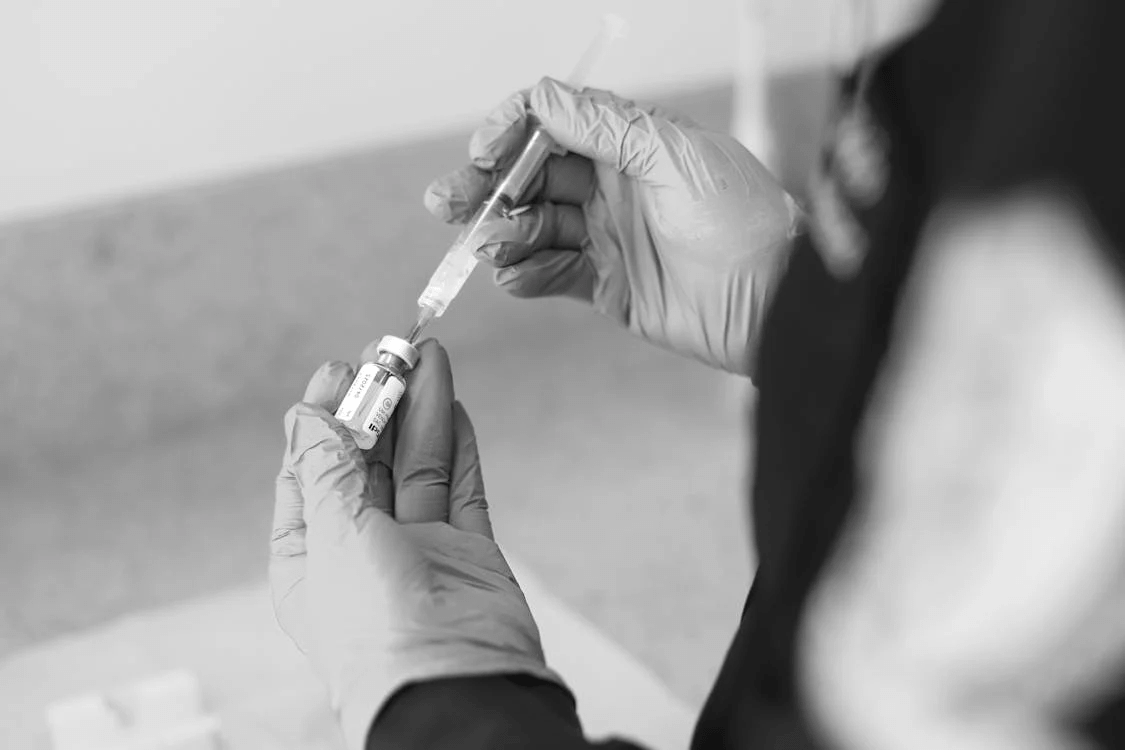Our skin changes with age naturally. Though this process is inevitable, the right skincare regimen can help skin stay healthy and appealing into old age. Ageing skin needs hydration, elasticity, and protection from the sun and pollutants. Developing a schedule to handle these problems might increase skin lifetime and condition. Incorporating antioxidants like vitamin C can also boost the skin’s defense against environmental damage and enhance its appearance. This page addresses daily skincare advice for aged skin and expert treatments.
Understanding ageing
You have to understand skin ageing before you study skincare techniques. Production of collagen and elastin, which give skin firmness and suppleness, slows with time. Reduced moisture retention of the skin produces dryness, fine lines and wrinkles. While lifestyle choices and sun exposure can expedite skin ageing, genes are also crucial. Renowned for their ability to tighten drooping skin and fight ageing without surgery are PDO threads. These threads increase collagen output, therefore improving skin tone and texture.
Hydration counts
Skincare for ageing depends on hydration. Skin dries with age, so it has to be moisturised both topically and inwardly. Glycerin and hyaluronic acid in moisturisers fill and rejuvenate skin by helping it retain moisture. Apart from topical remedies, everyday drinking water is absolutely vital. Maintaining internal hydration helps to prevent dry skin and freshens it.
Serums’ antioxidants and peptides help increase hydration. Peptides help collagen grow stronger, and antioxidants protect the skin. These ingredients firm and smooth the skin, reducing fine lines and wrinkles.
Sunscreen is unavoidable
Any anti-ageing skincare regimen depends on sun protection. UV radiation is one of the main causes of accelerated ageing since it generates age spots, wrinkles, and loss of skin suppleness. A broad-spectrum sunscreen with at least SPF 30 is important on overcast or bright days. Over time, UV radiation destroys skin; consequently, continuous sun protection helps to prevent skin damage and slows down ageing.
Sunglasses, wide-brimmed hats, and protective clothing help prevent sunburn. Shade is also advised between 10 a.m. and 4 p.m. These consistent habits will prevent further damage and help keep your skin looking fresh.
Adding expert treatments
While a strong skincare regimen can help, professional treatments can target more advanced signs of ageing. While chemical peels, microdermabrasion, and laser treatments can enhance texture and remove pigment, PDO threads tighten skin. Chemical peels eliminate the top layer of dead skin cells, smoothing the skin. Microdermabrasion removes dead cells, thereby enhancing skin brightness and smoothness as well. Laser treatment increases collagen production, lowering age spots, fine lines, and wrinkles.
See a skincare specialist or dermatologist to find the best solution for your skin type and problems. Long-term results might come from consistent professional treatments and a decent at-home skincare regimen.
Conclusion
Caring for ageing skin includes knowing about ageing, keeping hydrated, shielding the skin from the sun, and thinking about professional treatments. Although ageing is natural, with the right lifestyle and treatments, there are several ways to keep youthful and beautiful skin. Years of glowing and healthy skin depend on your hydration, UV protection, and collagen-boosting therapies.
